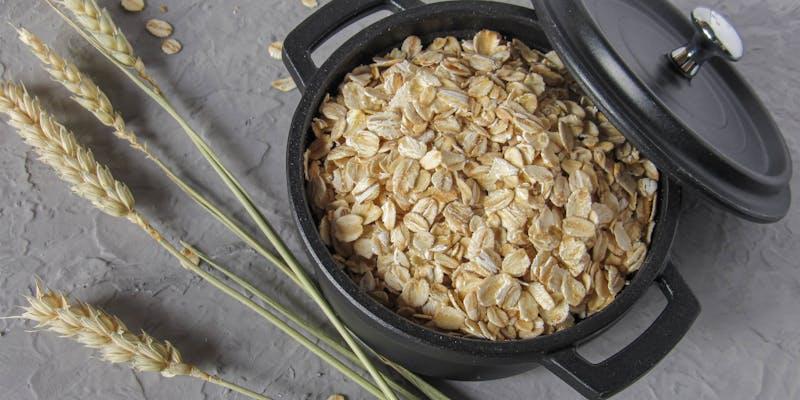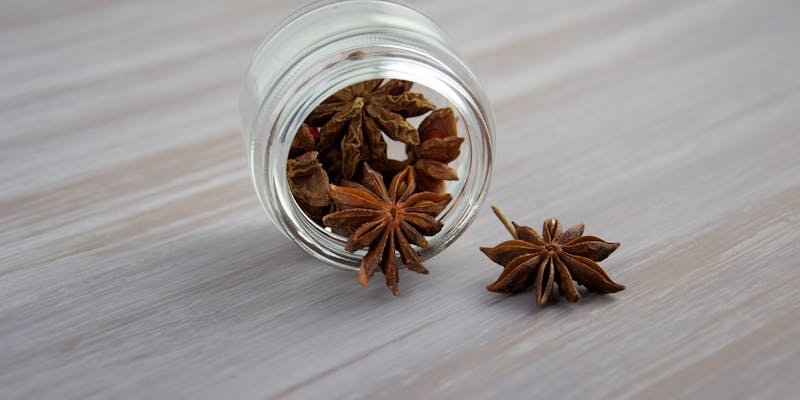Oatmeal is mainly known as a cereal grain worldwide. Arboriculture nomenclature designates this specific plant species as Avena sativa. Grinding, compressing, and rolling are procedures used to produce coarse flour from cereals. Combining milk, water, or yogurt expedites the preparation of a morning meal.
Oatmeal can also be consumed, seasoned, and baked into pastries, cookies, or buttocks. Oatcakes and oat bread are infrequently employed in the formulation of beverages, in addition to their frequent consumption for breakfast and supper. Recently, oatmeal has gained acclaim due to its myriad health advantages in gluten free oatmeal cookies.
The human species has acknowledged cereals since the Bronze Age. Despite flourishing in milder climates, whole oats require developing chilly, drier conditions. Cereals possess enhanced resistance to precipitation and reduced reliance on summer heat, making them optimal for cultivation in temperate regions of Europe and the Americas.
The oats were planted in significant quantities throughout the 18th and 19th centuries. Hebrides has identified numerous references to oats in Scottish culture due to the Scots' unwavering devotion to the grain. The progressive metamorphosis of oats into cereal can be ascribed to their cost-effectiveness, simple cultivation, and rapid processing demands.
Oats for Digestion

According to research, beta-glucan may delay digestion and help you feel full. According to Harvard, whole oats contain significant amounts of dietary fiber, especially beta-glucan fiber, which lessens appetite. The body eliminates cholesterol-rich bile acids during digestion.
Oats' phenolic chemicals and antioxidant phytoestrogens aid digestion. Reduced inflammation may indicate diabetes, cardiovascular disease, or other health issues; phytochemicals help. Another research suggests that beta-glucan fiber may prevent colon cancer. Whole oats include oxygen, selenium, copper, manganese, and choline.
Importance of Fiber
Bta-glucan gels dissolve in water. Barley, carrots, peas, legumes, psyllium, pears, and whole oats provide soluble fiber. Legumes, vegetables, whole grain flour, and cereal have insoluble fiber that helps digestion and strengthens stool. Diets lacking soluble and insoluble fibers are incomplete. Fiber is digested less than carbs, lipids, and proteins. Experts outline several advantages of a diversified, high-fiber diet:
- By increasing stool volume and consistency, constipation is reduced and regularity enhanced.
- The oats peasant in gluten free oatmeal cookies controls bowel motions and prevents ulcers and colon cancer.
- Glycemic control and blood pressure raising are two impacts of legumes, oat bran, and almond-soluble fiber. Lower LDL ("bad") cholesterol is another benefit.
- This speeds fullness, which is beneficial for weight reduction and management. The Dietary Guidelines for Americans 20152020 recommend 30 grams of fiber for males and 25 grams for women. Dosage modifications may be needed with aging. Research published in the Journal American of Lifestyle Medicine in 2017 revealed that most Americans do not meet these guidelines.
- Eat ample amounts of fruits, vegetables, and whole grains for the fiber supply. In the US, the Dietary Guidelines recommend taking half of your calorie intake from whole grains.
Benefits Of Oats

Improving Heart Health
An improvement in the condition of your heart is the outcome of having oats and oat-based meals. The American Heart Association advises including oatmeal to obtain a healthier heart. Analysis in Preventive Medicine suggests oatmeal is best in diets with low-fat content, and it is useful in reducing total cholesterol. These include a decrease in HDL good lipoprotein and LDL bad lipoprotein. Adding gluten free oatmeal cookies to your daily diet will be a simple way to build a heart-healthy routine.
Anticancer Properties
A diet containing oats may suppress cancer risk. Oats, in this case, are significant. It has been demonstrated repeatedly that cancer development is tied to inflammatory processes. In addition, the study shows that the polyphenols in food, as opposed to the avenanthramides in oats, for instance, possess anti-inflammatory and anticancer properties and may suppress cancer development. A study published in the British Journal of Nutrition revealed that whole grain diets, including oatmeal, protect against colorectal cancer. However, despite the optimism, further investigation is necessary to establish definitive results.
Skin Health
When applied topically, oatmeal cereal has the potential to serve as a working solution for a wide range of issues. Numerous skin conditions, including acne, herpes, tension rashes, and eczema, have responded favorably to cereals' calming attributes. Most of the population maintains that oat massages and moisturizers mitigate symptoms and engage in viral combat. Pruritic skin can be readily remedied by utilizing the calming properties exhibited by cereals.
Heart Health in Post-Menopausal Women
With the potential to significantly reduce the risk of cardiovascular disease in postmenopausal women after menopause has begun, oatmeal cereal retains the heart-healthy qualities associated with oats. Vascular disease and stroke are complications that older women are notably more prone to experiencing. According to research published in the American Heart Journal, oats may provide postmenopausal women with some protection against particular disorders. According to the whole article, oats may contain substances that promote cardiac health.
Beta-Glucan in Oats
Whole oats, rich in soluble fiber beta-glucan, could help regulate high insulin levels, blood glucose, and LDL cholesterol. Glucan is a natural prebiotic that stimulates useful microbes to colonize the gut and promotes digestion and prolongation of satiety. Eating oatmeal cereal regularly is the best approach for health improvement and long-term predicted results.
Syndrome of Glia
Oat intake is advised for celiac or gluten-intolerant people. On the contrary, even those with celiac disease can still have cereals, though in moderation. It is advisable for gluten-avoiding individuals to substitute their gluten-restricted diet with whole oats.
Enhancing Vitality
Besides folate and vitamins E and K, porridge is also a good source of all the vitamins from the B-complex group (thiamine, riboflavin, niacin, vitamin B6, and folic acid). Individuals should consume vital nutrients to maintain a healthy immune system. Therefore, vitamin E becomes inevitable, as well as fat decomposition. Also, vitamin K is important for bone maintenance and blood coagulation. Eating cereals for breakfast regularly is a preventative measure for maintaining good health.




